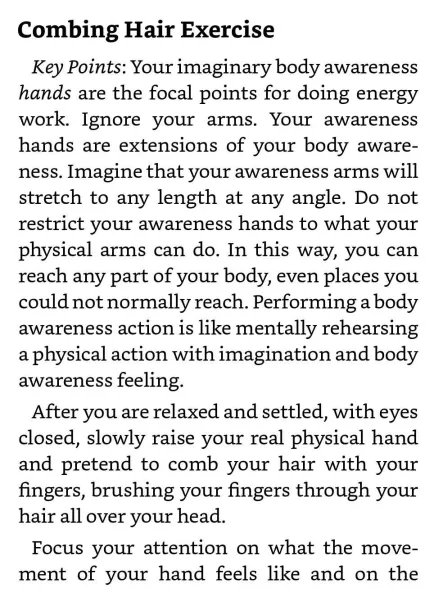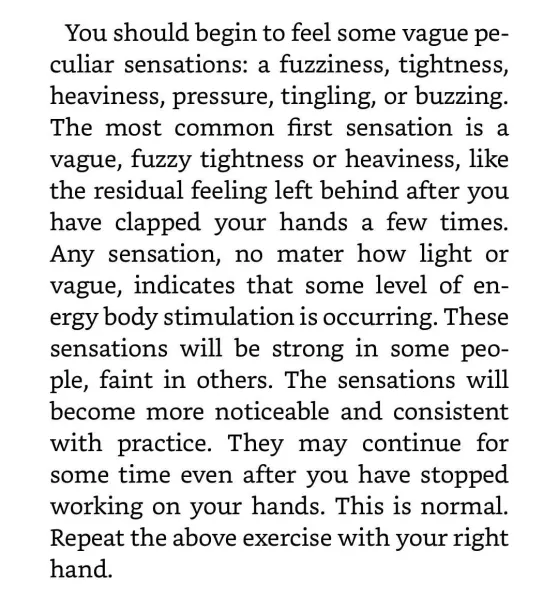One of today's papers: Sinking In: The Peripheral Baldwinisation of Human Cognition. Cecilia Heyes, Nick Chater & Dominic Michael Dwyer. Trends in Cognitive Sciences, 2020. cell.com/trends/cogniti…
Some theories have proposed that humans have evolved to experience some stimuli (e.g. snakes, spiders) as more potentially frightening, so that a fear for these entities is learned faster than a fear for more neutral things. E.g. evpsych proposed "fear modules" for these. 

However, research suggests that rather than "the fear system" itself having innate biases towards picking up particular kinds of fears, humans are evolutionarily biased towards paying extra *attention* to things like spiders and snakes. 

Because of these stimuli being more attended than others, it also becomes more probable that a fear response gets paired with them. So there is a genetically coded bias, but it is in the attention system rather than the fear system. 

The authors call the attention system "peripheral" and the fear system "central", in that the attention system brings in information for the fear system to process.
(This is in analogy to the peripherals of a computer, where e.g. the keyboard and mouse are used to deliver information to the central processor.)
They argue that in general, while it is possible for responses to specific environmental stimuli to become genetic as sensitivity for those stimuli is selected for, this learning will be more likely to get encoded into "peripheral" than "central" systems.
Another is that the central mechanisms of language learning seem empirically unaffected by the environment - there are no genes for learning English grammar better than Chinese grammar.
The peripheral mechanisms of language have been more affected more. E.g. some languages use lexical tone (where word identities are partly defined by pitch), and genes that seem to make lexical tone easier to perceive seem to be more common among speakers of those languages.
Why would this be? Two possibilities. First, the central systems may have more things depending on them; this seems to be the case with our central organs as well. As in software, the more things that depend on a library, the more things will break if the library changes. 

Another possibility is that the central processes are just easier to specialize through learning during one's lifetime than through evolution across multiple lifetimes. Someone can just teach me how to read, rather evolution programming genetic knowledge of reading into me. 

• • •
Missing some Tweet in this thread? You can try to
force a refresh













